As newer forms of intellectual property-seeds, germplasm, genetic resources, plant varieties-materialize through advancements in biotechnology, a variety of entitlements, claims, and imaginations of citizenship are bred, mimicking the hybrid culture of genetic configurations.
This book analyses the theoretical and philosophical frames of new (biotic) property, and assesses how its altered metaphysics inscribes itself in the politics of genetic resources. It probes how rights get ‘framed’ within and by law, in the diverse yet closely inter-related aspects of social, cultural, and biological life. In particular, the book focuses on bio-cultural entitlements of farming and indigenous communities-people who are at a distance from the global networks of trade, politics, science, and technology. It explores the terms on which the interests of these indigenous communities are included and institutionalized as well as the degrees of exclusion and stratification that accompany them. It attempts to uncover the ‘cunning’ or duplicitous nature of these rights-the chasm between their intended benefits and their actual outcomes.
Contents: Introduction. Part I: The making of biotic property. 1. Inventing life. 2. Inscribing life in law. 3. Framing a new moral economy. Part II: The jurisdiction of rights. 4. Benefits. 5. Privileges.6. Rights. 7. From legal pluralism to political culturalism. Bibliography. Index.

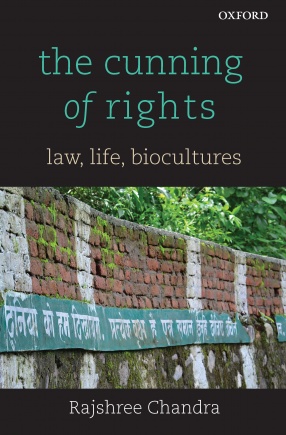
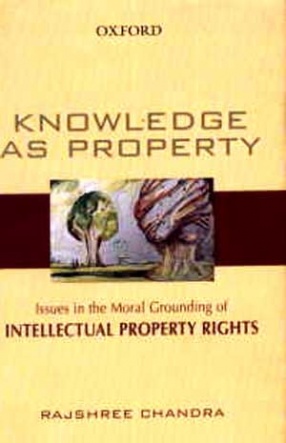
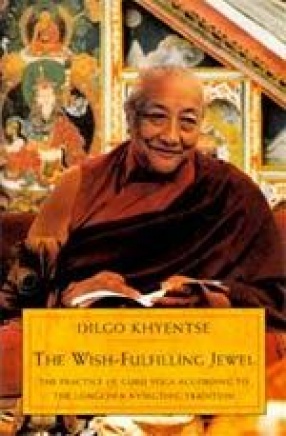
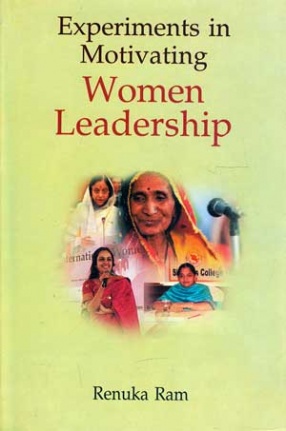
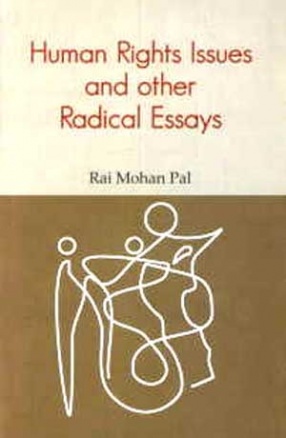
There are no reviews yet.